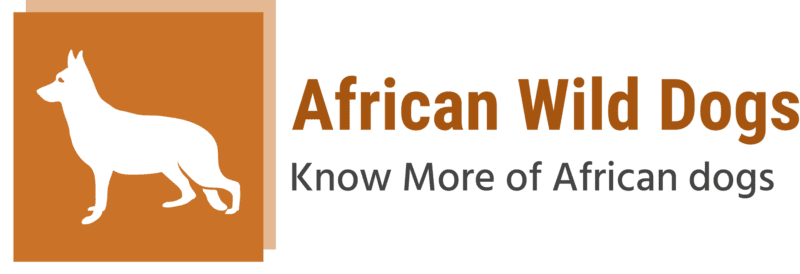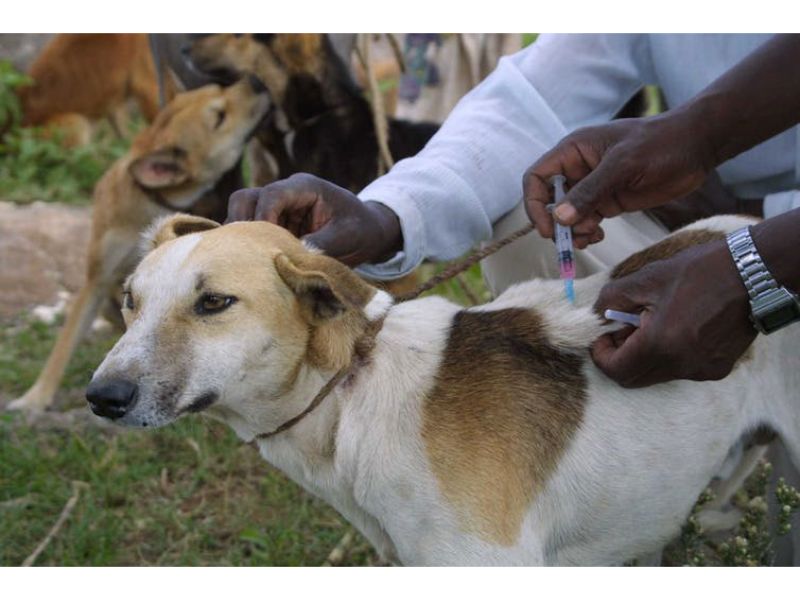An indigenous subspecies of the grey wolf, the African domestic dog can be found only in Africa. The African domestic dog is present in each and every African country, making it the continent’s most widespread dog breed. It is estimated that there are 75 million domesticated dogs in Africa. The domestic dog in Africa is both a scavenger and a predator, so it’s vital to the continent’s ecosystem.
Native to Africa, the African domestic dog is actually a subspecies of the grey wolf. The African domestic dog is the most widespread breed in Africa, present in each and every country. It is estimated that there are 75 million domesticated dogs in Africa. The domestic dog in Africa serves an important role in the ecosystem as a scavenger and predator.
Vaccinating your African domestic dog is crucial to maintaining his health. Rabies can be transmitted to dogs from foxes, jackals, and even other dogs. Vaccinated dogs have a lower risk of contracting rabies after exposure. Unvaccinated dogs pose a threat to public health and safety because of the danger posed by rabies.
Throughout the year, the Serengeti National Park provides free canine vaccinations to all local residents. This is for the safety of the park’s animals and the people who visit them. Vaccinate your African domestic dog if you own one.
The Importance of Vaccinations for Household Dogs in Africa
Vaccinations are crucial for protecting domestic dogs in Africa from contagious diseases. Vaccinations help protect dogs from potentially fatal diseases like rabies, distemper, and hepatitis. Dogs in Africa that aren’t vaccinated can catch these diseases from other canines or strays. Vaccinations help maintain healthy populations of domestic dogs in Africa and stop the spread of disease to people.
Serengeti Vaccination Initiatives
Serengeti National Park is home to numerous immunisation initiatives. The rabies vaccine is the most common and is given to all dogs over the age of four months. The canine distemper, hepatitis, and parvovirus vaccines are also routinely administered to dogs in Serengeti National Park.
Vaccinating African domestic dogs has many benefits.
Rabies is just one of many diseases that can be transmitted to humans from African domestic dogs. In rural areas where access to veterinary care may be limited, it is especially important to vaccinate these dogs to protect the public’s health.
There are additional gains from vaccinating African domestic dogs. As a result, fewer animals will need to be put down each year, and fewer will end up in shelters or with rescue organisations. Keeping wildlife populations healthy is another benefit.
Vaccines have the ability to save lives, both human and animal, and they are safe and effective. Get your African domestic dog vaccinated against rabies and other diseases by consulting with your vet.
Vaccinating African Domestic Dogs: Problems and Solutions
There are a number of obstacles that make it difficult to vaccinate African domestic dogs in the area surrounding Serengeti National Park. To begin, many remote areas do not have ready access to veterinary services. As a result, pet owners may not be able to afford veterinary care or the time and money it takes to travel long distances to get their pets vaccinated. Second, many owners of African domestic dogs may not realise the importance of vaccinating their pets because the dogs are not officially registered with the government. Finally, there may be some dog owners who are hesitant to vaccinate their pets because they are sceptical of vaccine safety.
Conclusion
Protecting both humans and animals from the spread of rabies, vaccination of African domestic dogs in the area around Serengeti National Park is crucial. The reported number of cases of rabies in the region has decreased since the start of this vaccination programme, and it is hoped that this trend will continue with further expansion of the programme. Together with local communities, organisations, and veterinarians, we can inoculate as many domestic dogs as possible, making the Serengeti National Park a safer and healthier place for everyone.

